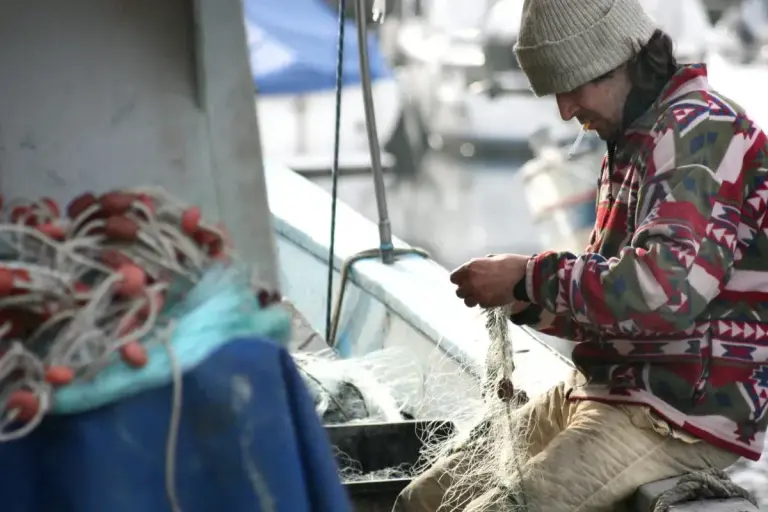Panama’s Aquatic Resources Authority (ARAP) is targeting the first half of 2026 to regain its green card status from the European Union. The country is currently finalizing a series of fisheries controls demanded by the EU to combat illegal fishing practices. Officials express confidence that new traceability systems and patrol vessels will meet the bloc’s stringent standards.
Eduardo Carrasquilla, the administrator of ARAP, confirmed that Panama maintains a yellow card status but has made significant progress. The final phases of compliance primarily involve strengthening controls on national seafood exports. This effort is critical for restoring full access to the European market and its hundreds of millions of consumers.
“We are concluding one of the last phases, mainly related to controls on our exports,” [Translated from Spanish] Carrasquilla explained. He detailed the agency’s comprehensive strategy during an interview with La Prensa newspaper.
The centerpiece of Panama’s strategy is the implementation of a new digital fishery traceability system. This software will monitor the entire supply chain using barcodes and QR codes. It tracks seafood from the moment a vessel departs port all the way to its final export destination. This system directly addresses the EU’s demand for transparent and verifiable product origins.
New Tools for Enforcement and Inspection
Authorities plan to activate the new traceability platform during the first six months of 2026. Its deployment will coincide with the acquisition of new patrol boats to bolster surveillance in national waters. The government is also hiring additional fisheries inspectors to strengthen oversight at export facilities. These combined actions represent Panama’s final push for compliance.
“With this standard we will be able to guarantee the traceability of the fishery product and have full access to the European market, which represents more than 400 million consumers,” [Translated from Spanish] Carrasquilla affirmed.
Panamanian officials presented these advancements to the European Commission in Brussels during October. A delegation led by Vice Minister of Foreign Affairs Carlos Hoyos and Carrasquilla met with European Commissioner for Environment, Oceans and Fisheries Virginijus Sinkevičius. The meeting involved a technical dialogue with the EU’s Directorate-General for Maritime Affairs and Fisheries.
During the talks, Panama outlined reforms designed to reinforce oversight and penalties within its fishing sector. The nation is determined to demonstrate its real capacity for enforcement. This commitment extends to ensuring transparent fisheries management for its international trade partners.
Combating Illegal Fishing Practices
Panama’s initiative responds directly to the European Union’s carding system for illegal fishing. The system issues warnings and trade sanctions against countries that fail to adequately combat illicit activities. Regaining the green card is not merely about market access. It forms part of a broader national strategy to protect marine resources and ensure fair conditions for the formal fishing industry.
“Panama will not give leeway to those who violate the law,” [Translated from Spanish] Carrasquilla emphasized. He stressed the country’s firm stance against non-compliance.
The fight against illegal, unreported and unregulated fishing is a global priority. Panama’s efforts align with international commitments to sustainable ocean management. Officials remain optimistic about the upcoming EU audit. They believe the completed systems will provide the evidence needed to secure a favorable decision.
Carrasquilla and his team are now focused on executing the final implementation steps. They anticipate that the green card restoration will solidify Panama’s reputation as a responsible fishing nation. The country’s seafood industry awaits the outcome, knowing its future access to one of the world’s most valuable markets hangs in the balance.



